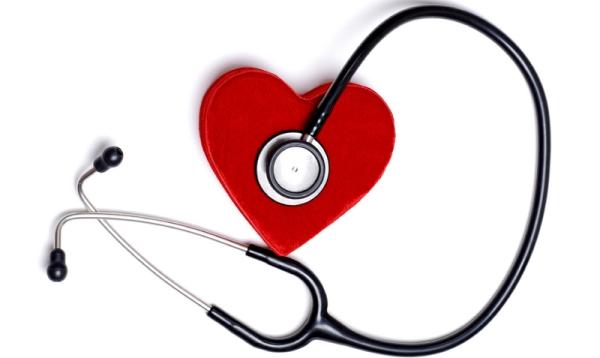Breast Cancer Radiation Slightly Raises Heart Disease Risk

Radiation treatments for breast cancer may increase the risk for heart disease later in life, a new study suggests.
In the study, the higher the level of radiation to the chest, the greater a women's risk of ischemic heart disease was within five years after therapy, the researchers said. Ischemic heart disease involves reduced blood supply to the heart. This increased risk continued for decades after the treatment.
However, for most women, the increase in risk was very small, said study researcher Sarah Darby, a professor of medical statistics at the University of Oxford in the England. For instance, for a 50-year-old women with no previous risk factors for heart disease, who received a radiation dose of 3 gray (Gy), her risk of dying from heart disease would increase just 0.5 percent, and her risk of experiencing an event like a heart attack would increase just 1 percent, over the next 30 years, the researchers said.
"Doctors will be able to reassure most women that the risk of heart disease from radiotherapy is small," Darby said.
But women at high risk for heart disease should speak with their doctors about the risks of starting radiation therapy for breast cancer, Darby said. Often, the therapy can be adjusted to lower the dose to the heart, Darby said.
Previous studies have linked breast cancer radiation therapy with an increased risk of heart disease. In the new study, the researchers tried to measure exactly how big this increase is for women with and without risk factors for heart disease.
Darby and colleagues analyzed information from 2,168 women living in Sweden and Denmark who underwent radiation therapy for breast cancer between 1958 and 2001.
Get the world’s most fascinating discoveries delivered straight to your inbox.
During the study, 963 women had a cardiac event such as a heart attack or died from heart disease.
Radiation doses ranged from 0.03 Gy to 27.2 Gy, and the average dose was 4.9 Gy. For every 1-Gy increase in dose, the risk of a cardiac event increased by 7.6 percent, the researchers said. Women with a history of heart disease were more likely to experience a cardiac event than those without a history of heart disease.
Dr. Stephanie Bernik, chief of surgical oncology at Lenox Hill Hospital in New York, who was not involved in the study, agreed with the findings, but said the study may have overestimated the risk of heart disease. That's because some women in the study may have been destined to have a heart attack or other heart problems whether or not they had therapy, because of underlying risk factors, Bernik said.
The type of breast cancer treatment women receive depends on the individual's case, Bernik said. Women who have a mastectomy may be able to avoid radiation treatment, but most women with breast cancer choose to have breast conserving surgery, Bernik said.
The study will be published in today's (March 14) issue of the New England Journal of Medicine.
Pass it on: Breast cancer radiation therapy may increase the risk of heart disease, but for most women, the risk is small.
Follow Rachael Rettner @RachaelRettner. Follow MyHealthNewsDaily @MyHealth_MHND, Facebook & Google+.

Rachael is a Live Science contributor, and was a former channel editor and senior writer for Live Science between 2010 and 2022. She has a master's degree in journalism from New York University's Science, Health and Environmental Reporting Program. She also holds a B.S. in molecular biology and an M.S. in biology from the University of California, San Diego. Her work has appeared in Scienceline, The Washington Post and Scientific American.
